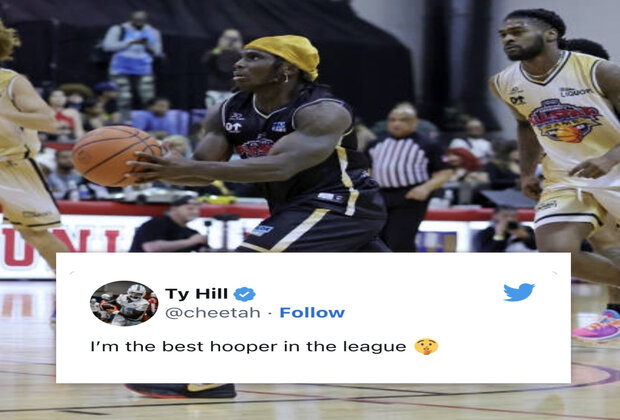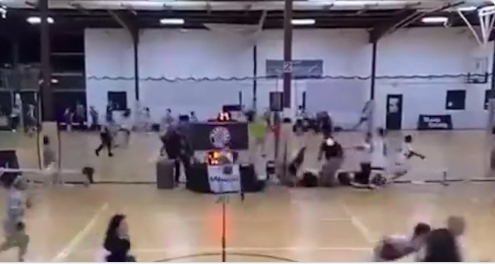This is part of The Shadow League’s yearly Black History Month In Focus series celebrating Black excellence in sports and culture.
***************
Many of us can remember the first time we came across a black video game character as a kid.
For some, it was the one-two combo option of Balrog and Dee Jay in Street Fighter 2, while younger gamers were graced with the incredible soundtrack and black character narratives in Grand Theft Auto: San Andreas.
For me personally, it was Tekken 3’s Brazilian capoeira fighter Eddy Gordo. And clearly, now, diversification of minority characters in video games is broader and wider. So, kids, these days have many more black character options.
But, while thinking back on the good ole’ days, I started to realize that I never personally knew what game had the first black playable character.
So, I did some research and came across Vintage Computing and Gaming’s Benj Edwards‘ early findings. The first playable video game character of color was in Atari’s Basketball (1979) for the Atari 800.
According to Edwards, Atari released an earlier version of Basketball for Atari 2600 in 1978 but depicted players in shades of purple and yellow. This was the case because prior to the Atari 800, the home gaming console lacked “sophistication” when it came to display imagery.
But by 1979, graphics improved, which allowed programmers to portray skin tones more accurately, especially for African Americans.
And because of this new technological advancement, we reportedly got our first playable black video game character.
Now, is a black basketball player the stereotypical option for video games’ “diversity quota?” Sure, but even still “John Q. Basketball” paved the way for future playable characters of color.
Soon after, we got characters like Mr. Sandman (1984) and Doc Louis (1987) in Punch-Out arcade and even Michael Jackson in his self-titled video game. These developments, whether riddled in stereotypes and racial undertones, birthed an avenue for future black characters like Apex Legends’ Lifeline & Bangalore (2019) and customization character skin tone options in games NBA 2K or Red Dead Redemption 2.
So thank you John Q, thank you for being the first representation of my people. Now, I can kick ass while being black in real life and in video games.



